Your mechanic is your best friend when something goes wrong with your car or it needs servicing. But what do they think of you? Some of the things drivers do (or don’t do) make their job a lot harder.
From skipping maintenance to bringing in a dirty car, your actions can lead to misunderstandings, delays, or even higher repair costs. Mechanics work hard to diagnose and fix problems efficiently, but they need your help to make the process smooth. To save yourself time, money, and frustration, here are some habits mechanics wish their customers would leave behind.
Ignoring Warning Lights
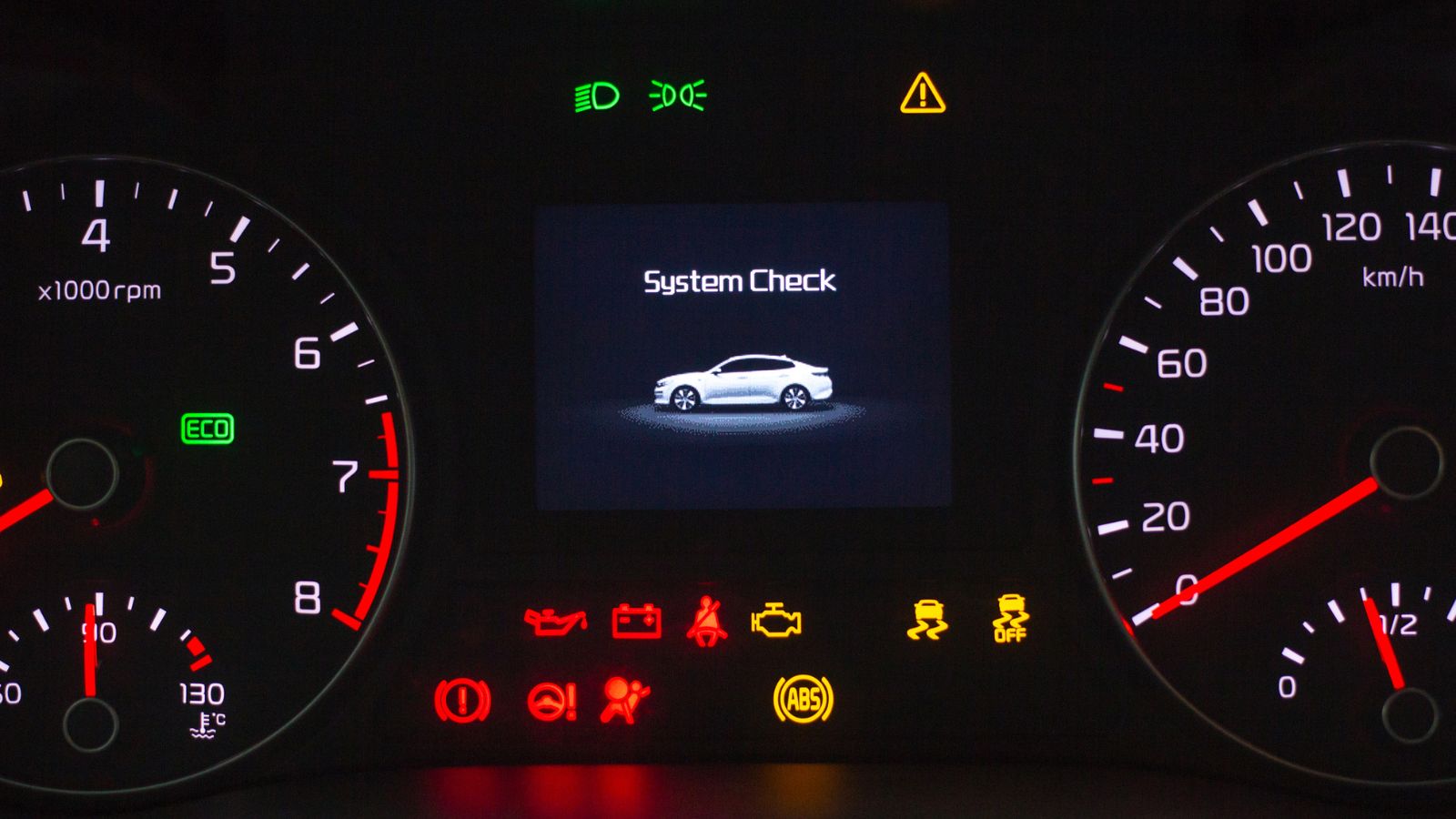
Dashboard warning lights and messages are your car’s way of telling you something’s wrong, whether it’s a minor issue or a potential safety hazard. So don’t ignore it or hope it goes away. Waiting too long to address the problem can make repairs more expensive and time-consuming.
Mechanics don’t appreciate being handed a car with multiple issues that could’ve been fixed early on.
Skipping Regular Maintenance
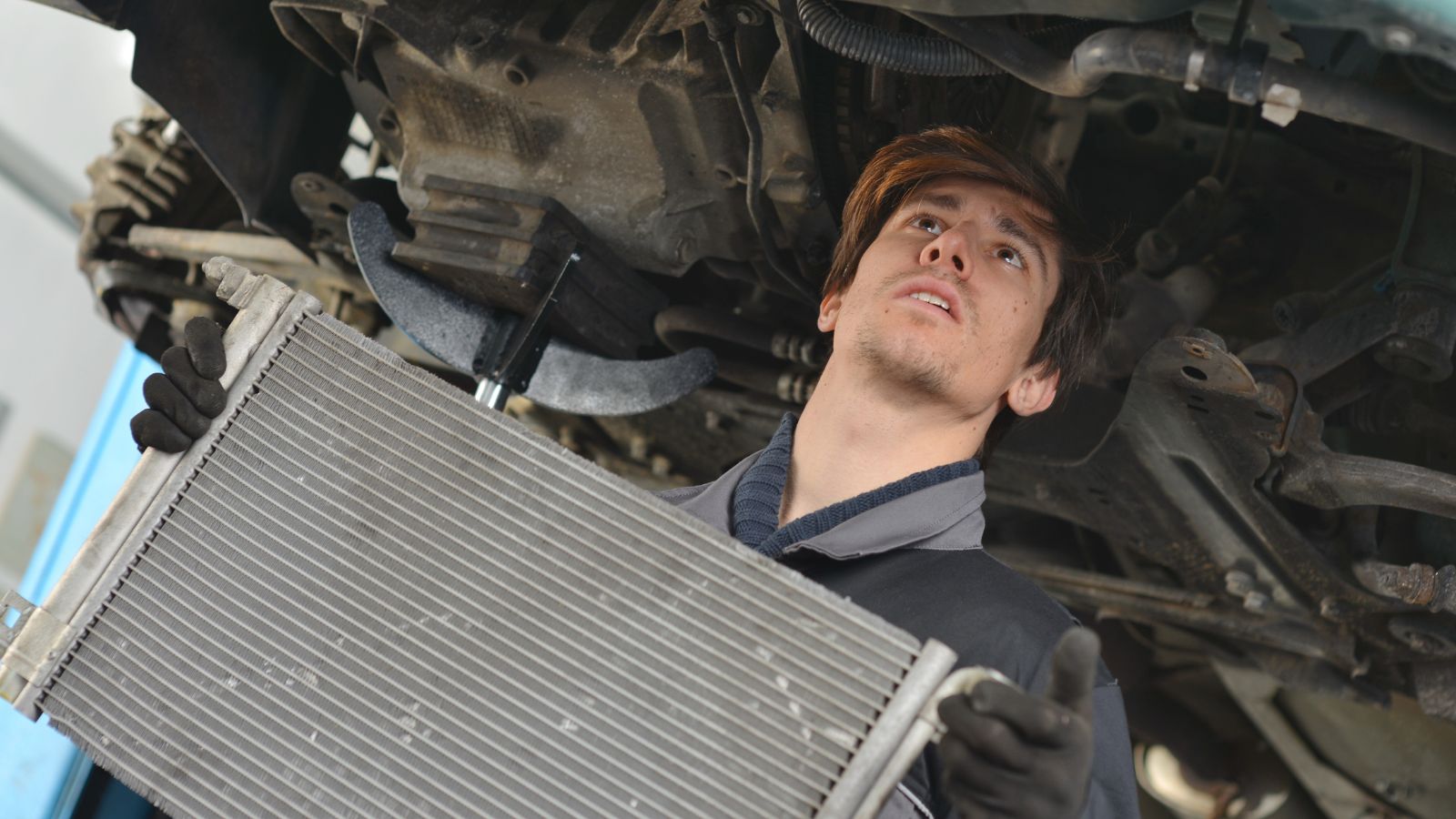
Routine maintenance, like oil and filter changes, will shorten your vehicle’s lifespan if neglected – and make your mechanic’s job harder. Small issues that could have been caught early turn into larger, more expensive repairs. Mechanics prefer helping you keep your car in great shape rather than dealing with preventable damage.
Bringing a Filthy Car

Mechanics don’t like car slobs. A vehicle filled with trash or dirt makes their job unpleasant, or even unsafe. Loose items can get in the way during repairs, and grime can make it harder to inspect parts. A quick tidy-up before your appointment shows respect for the person working on your vehicle, so they can get the job done well.
Declining Necessary Repairs

Take the advice from your mechanic when they say what your car needs. Declining a repair because it doesn’t seem urgent can create bigger problems down the road. While some fixes can wait, many are critical to your vehicle’s performance. Trust your mechanic’s expertise, and ask questions if you need clarification, but avoid dismissing their recommendations without a good reason.
Hovering in the Garage
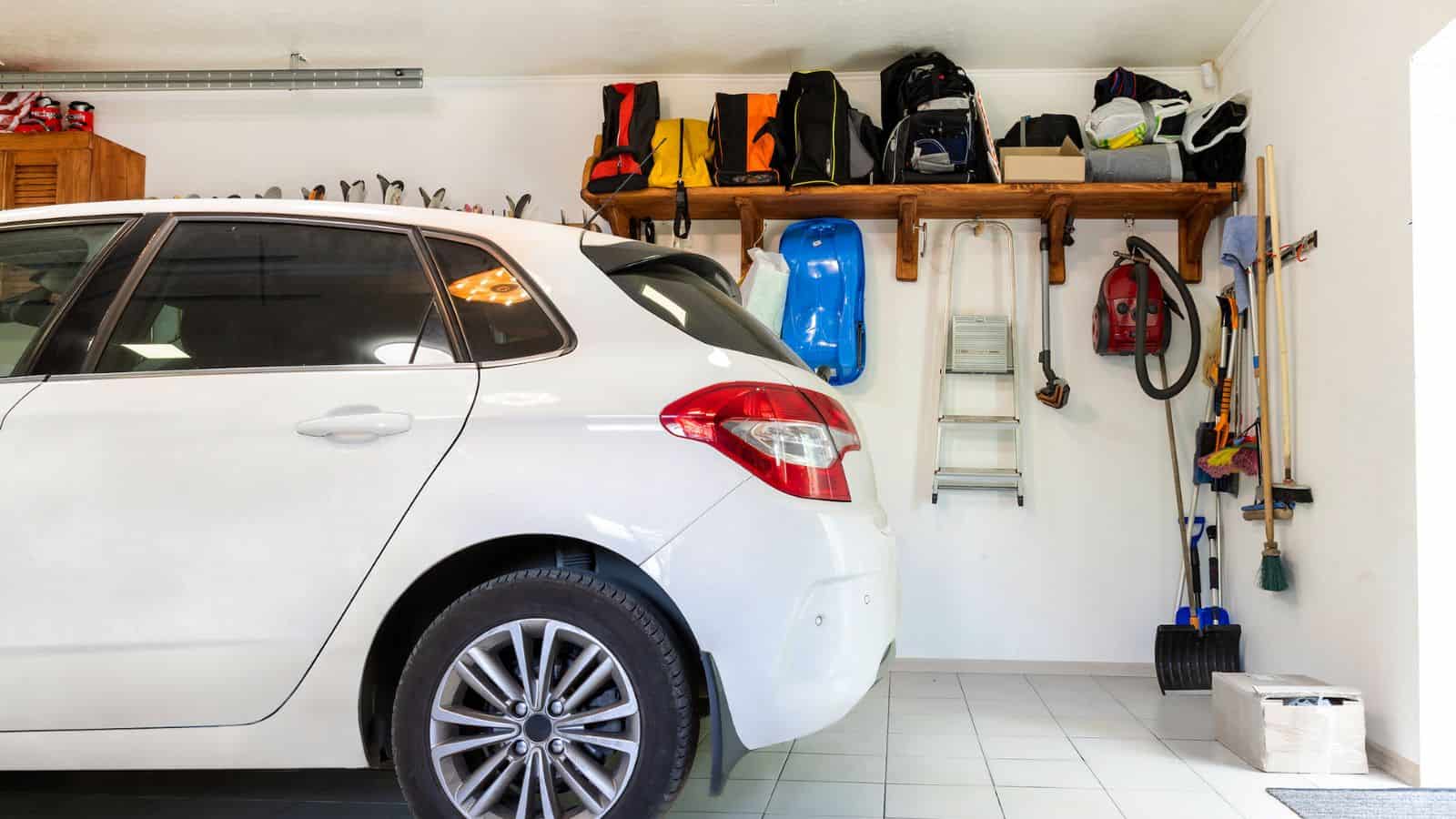
Would you want someone looking over your shoulder while you’re trying to do your job? Of course not – and mechanics are the same. It’s distracting and it can pose safety risks if you’re in the way while they’re working.
If you have concerns or questions, wait until they’ve had a chance to diagnose the problem. Mechanics need the space and concentration to do their best work.
Waiting Too Long to Book an Appointment

Mechanics wish drivers would address problems sooner rather than later. If you notice a strange noise or vibration in your car, don’t wait weeks to get it checked out. Quick action can prevent a small fix from becoming a major overhaul, saving you money and stress in the long run.
Expecting Instant Fixes
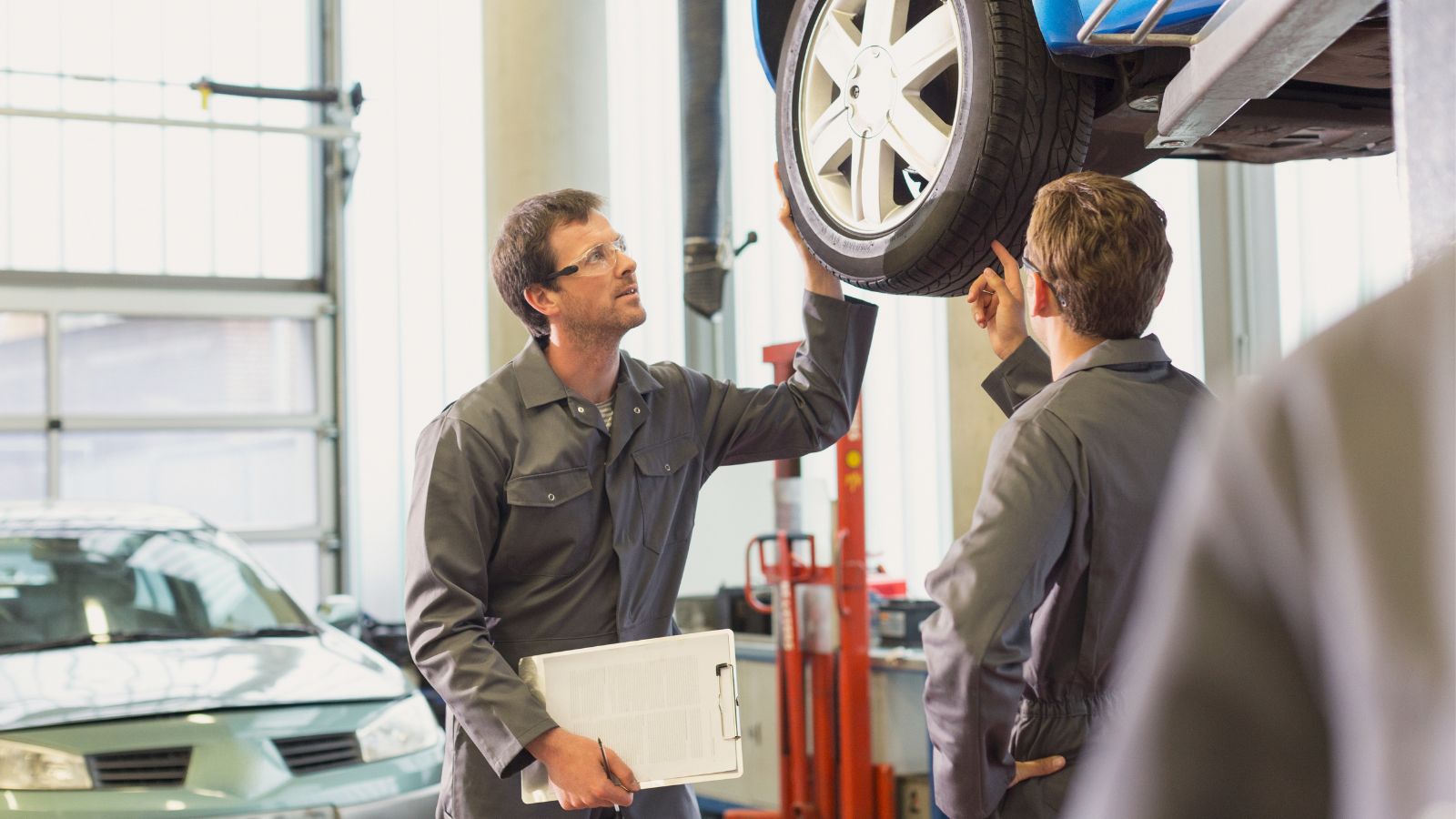
Cars can be complicated bits of machinery and quick fixes aren’t always possible. Mechanics work hard to get you back on the road quickly, but some repairs take time. Expecting same-day service for every issue isn’t realistic. Parts may need to be ordered, or a detailed diagnosis might be required. Be patient and understand that good work often requires time.
Neglecting the Owner’s Manual

Have you ever read your car’s owner’s manual? It’s packed with valuable information, yet many drivers never open it. Ignoring this guide can lead to preventable mistakes, like using the wrong type of oil or missing recommended service intervals. Mechanics appreciate customers who take the time to understand their vehicle’s needs.
Not Describing the Problem Clearly
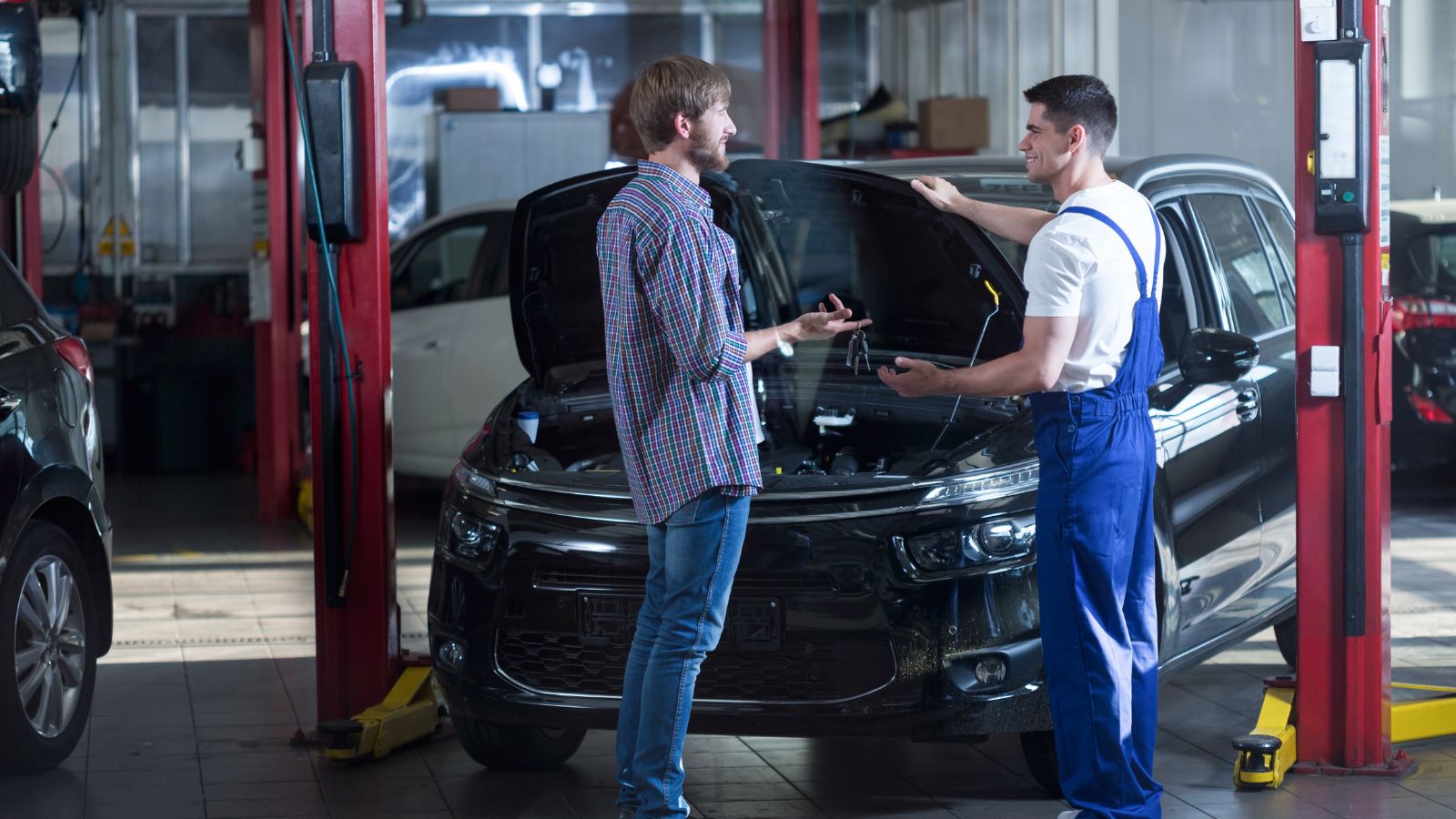
When your mechanic asks what’s wrong with your car, be as specific as possible. Mention when the problem occurs, what it sounds like, and how it feels.
The more details you provide, the quicker and more accurately your mechanic can diagnose the issue. Clear communication saves time and ensures you get back on the road sooner.
Attempting DIY Fixes
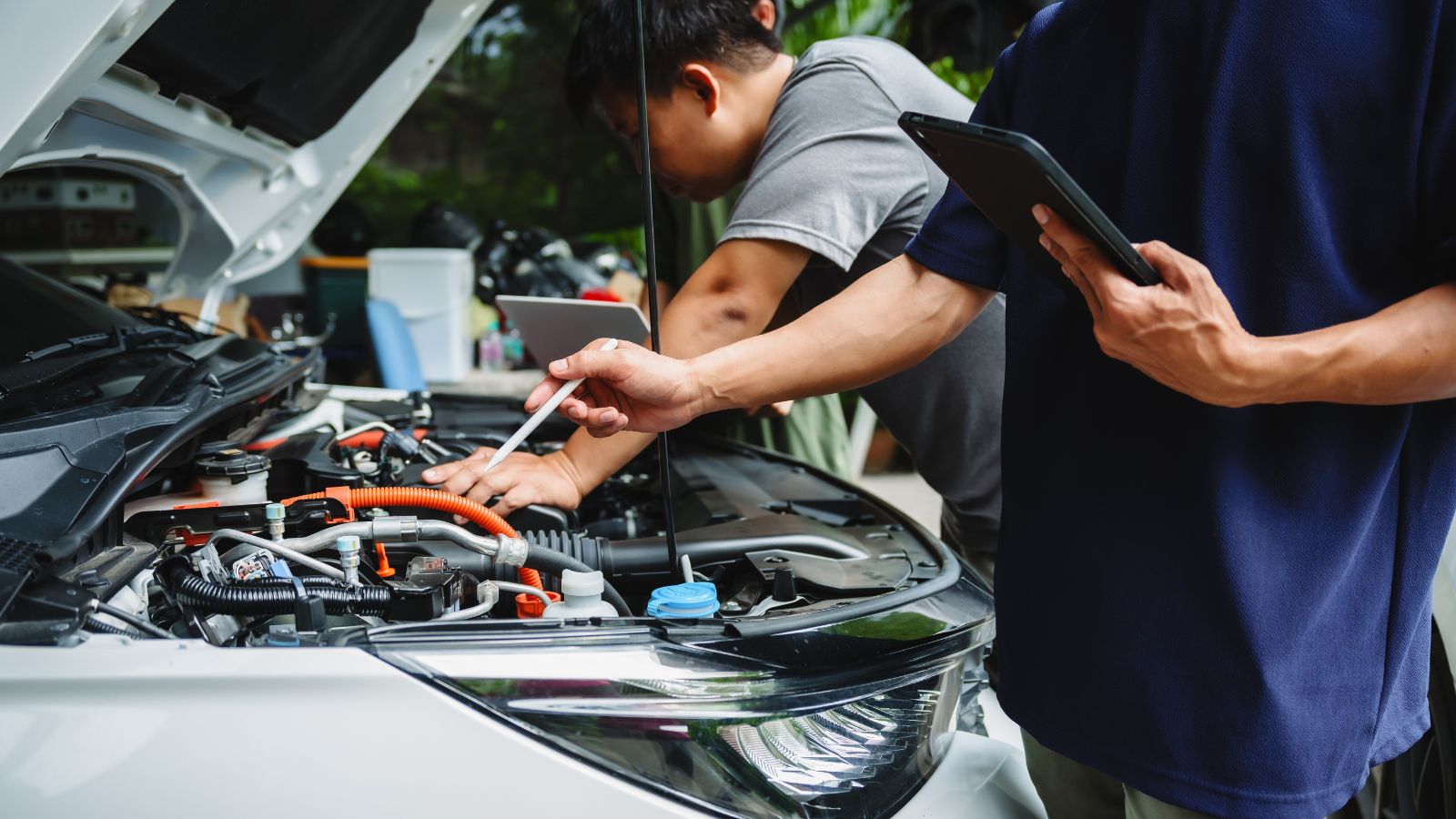
Are you a hands-on owner? If you’re not confident in your DIY skills, it’s best to leave it to the professionals. Attempting major car repairs without proper tools or knowledge can create more problems than it solves. Mechanics often end up fixing DIY mistakes, which can make the original repair more complicated and costly.
Dropping Off Without an Appointment
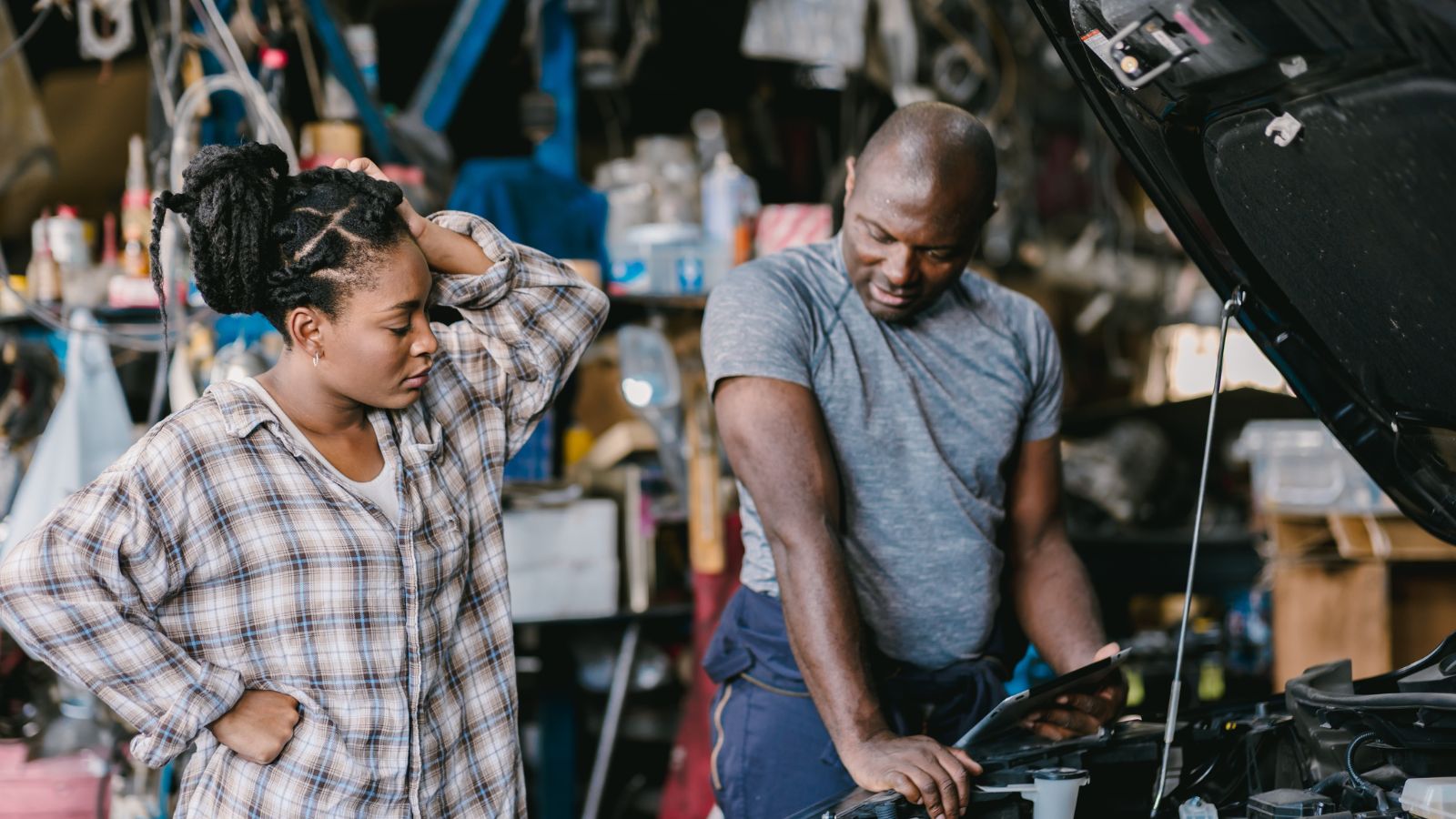
Never show up at a repair shop without calling ahead. Mechanics carefully plan their day to ensure every car gets the attention it needs. When you arrive unannounced, it can create delays for other customers. A quick phone call to schedule an appointment helps everyone stay organized. It ensures your car will be seen on time and reduces unnecessary stress.
Neglecting to Mention Past Repairs
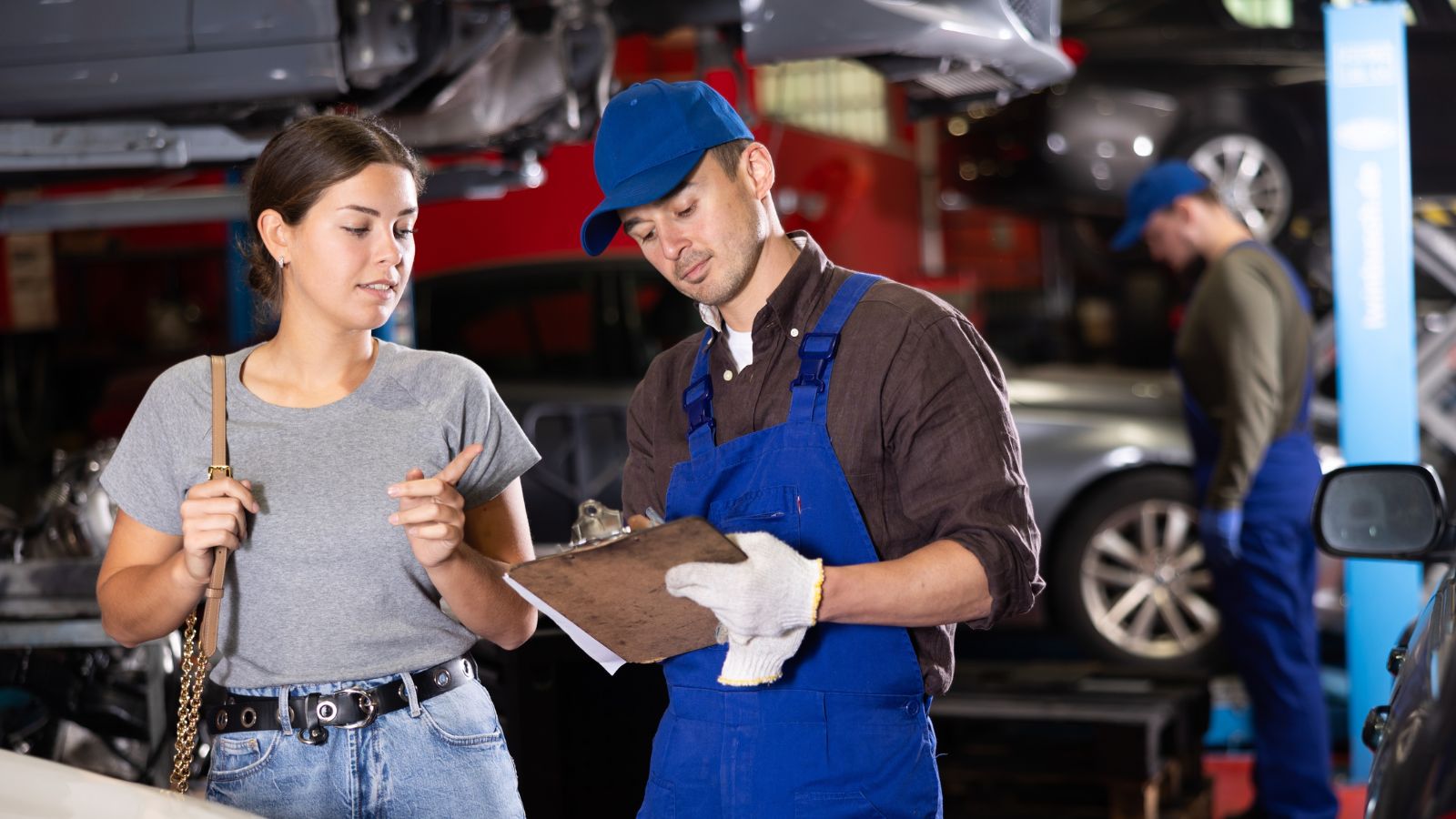
When something’s gone wrong with your car, your mechanic will need a complete picture of your car’s history to make an accurate diagnosis. Tell them about past repairs or maintenance to avoid confusion or misdiagnosis. This information can save your mechanic time, prevent unnecessary work, and ensure you get the best possible service.
Asking for Free Diagnoses

It’s plain bad manners to ask a mechanic to diagnose your car’s issue, and then take it elsewhere to be fixed. While it’s understandable to want to save money, diagnosis of a fault requires time, expertise, and often expensive tools.
Respect the value of your mechanic’s skills, and be upfront about your intentions. A professional mechanic will always appreciate your transparency.
Underestimating Costs

You get what you pay for when it comes to car repairs, which can be expensive because quality parts and skilled labor come at a cost. Assuming repairs will be cheap, or haggling over prices, undermines the expertise of your mechanic. If you’re on a budget, be honest and ask about affordable options, but don’t expect miracles.
Using Cheap Replacement Parts
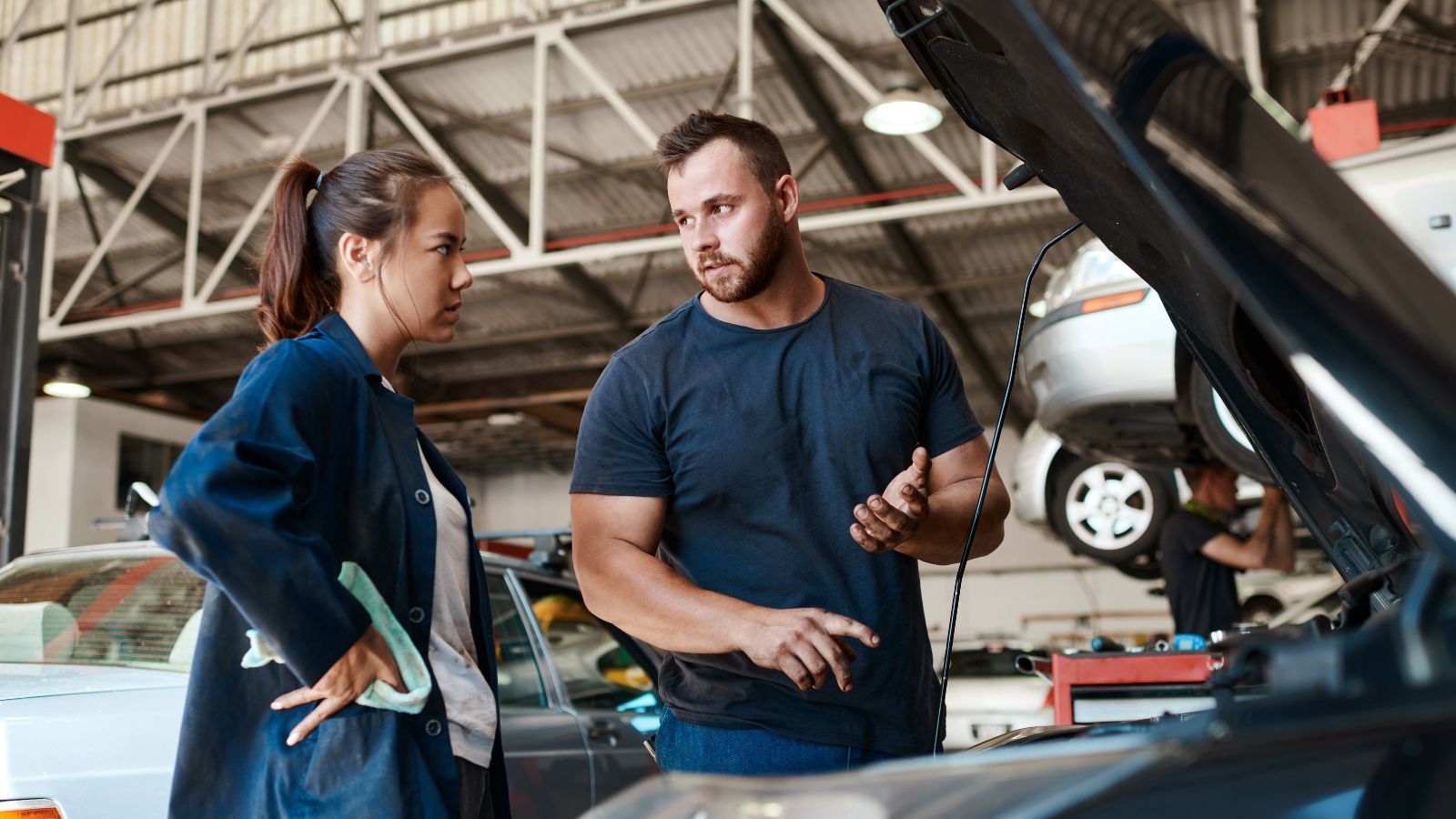
The quality of alternative parts varies, but opting for the cheapest parts to save money can backfire in the long run. Low-quality components wear out faster and may not perform as well, leading to more frequent repairs.
Mechanics want your car to be reliable, and recommend parts that balance quality and cost. It’s a decision that pays off in safety and fewer visits to the shop over time.
